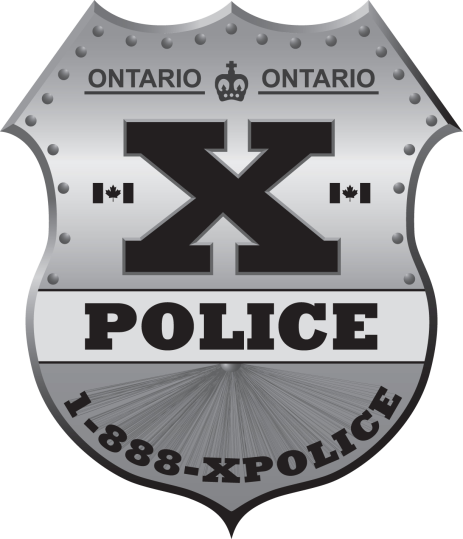
407 RULING
Hamilton Spectator file photo
The 407 Act allows the province to enforce debt collection on behalf of 407 ETR Concession Company Limited, which owns and operates the toll highway.
The Supreme Court of Canada has delivered an important victory to bankrupt people who found themselves unable to obtain vehicle permits because they declared toll charges on the 407 highway among their debts.
The country’s top court ruled that provisions of the federal Bankruptcy and Insolvency Act trump a section of Ontario’s Highway 407 Act, which essentially allowed a toll charge debt to outlive a person’s discharge from bankruptcy.
In the past, people who completed the bankruptcy process and were discharged from their debts discovered the province could still refuse to issue them a vehicle permit if they had previously owed toll charges.
The 407 Act allows the province to enforce debt collection on behalf of 407 ETR Concession Company Limited, which owns and operates the toll highway.
Only a limited number of debts are allowed to survive under the bankruptcy act — such as student loans, income tax arrears and family support arrears — but there is no specific exemption cited for 407 tolls.
“407 is no different than Visa,” said Hamilton lawyer David Thompson, one of the lawyers who spoke before the Supreme Court judges. “Why should 407’s debt survive bankruptcy when your debt to Visa from your Visa card doesn’t?”
Thompson and his colleague Matthew Moloci, of the Scarfone Hawkins LLP firm, launched a class-action lawsuit in 2012 on behalf of bankrupt people who couldn’t escape their 407 toll charges.
More than 10,000 people are affected, Thompson estimated, and their toll charge debts amount to more than $20 million.
One of the main objectives of the bankruptcy process, Thompson said, is to help people rehabilitate themselves financially.
“407 was using the plate denial remedy against individuals despite them resorting to the bankruptcy process,” Thompson said. “It was just like a millstone around the neck of many people.
“In the GTA in particular, the geographics of the area are such that many, many people need a vehicle to get to work and obviously, being able to work and earn an income is fundamental to financial rehabilitation.”
Some of those affected have made payments to the 407 company after exiting bankruptcy so they could obtain their permits. Thompson said he may now seek to have the company return any money obtained from bankrupt people.
The case also raised the issue of whether the 407 company was receiving preferential treatment at the expense of other unsecured creditors.
Thompson said he expects the class-action suit will now be expedited in light of the Supreme Court ruling.
Source: Guelph Mercury
